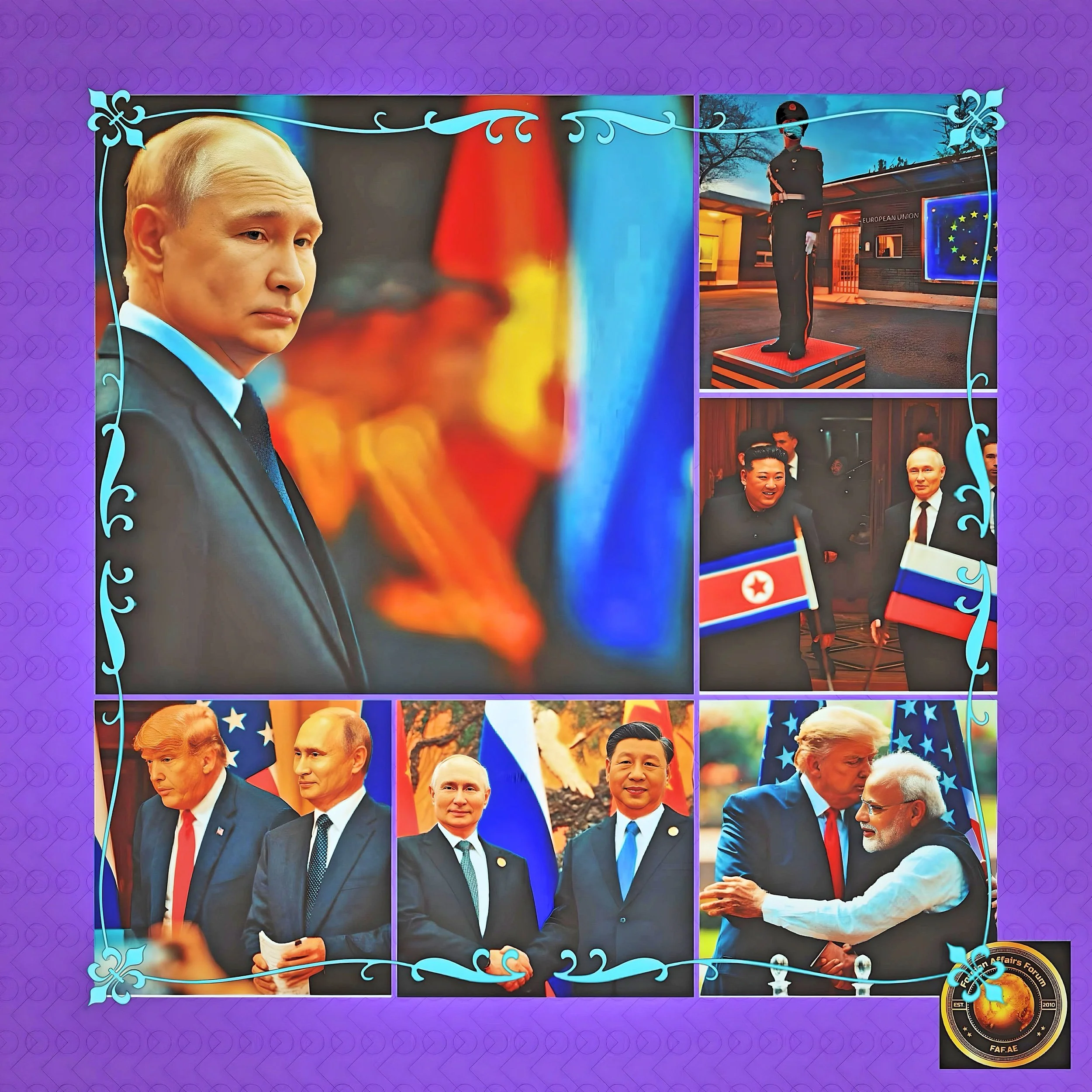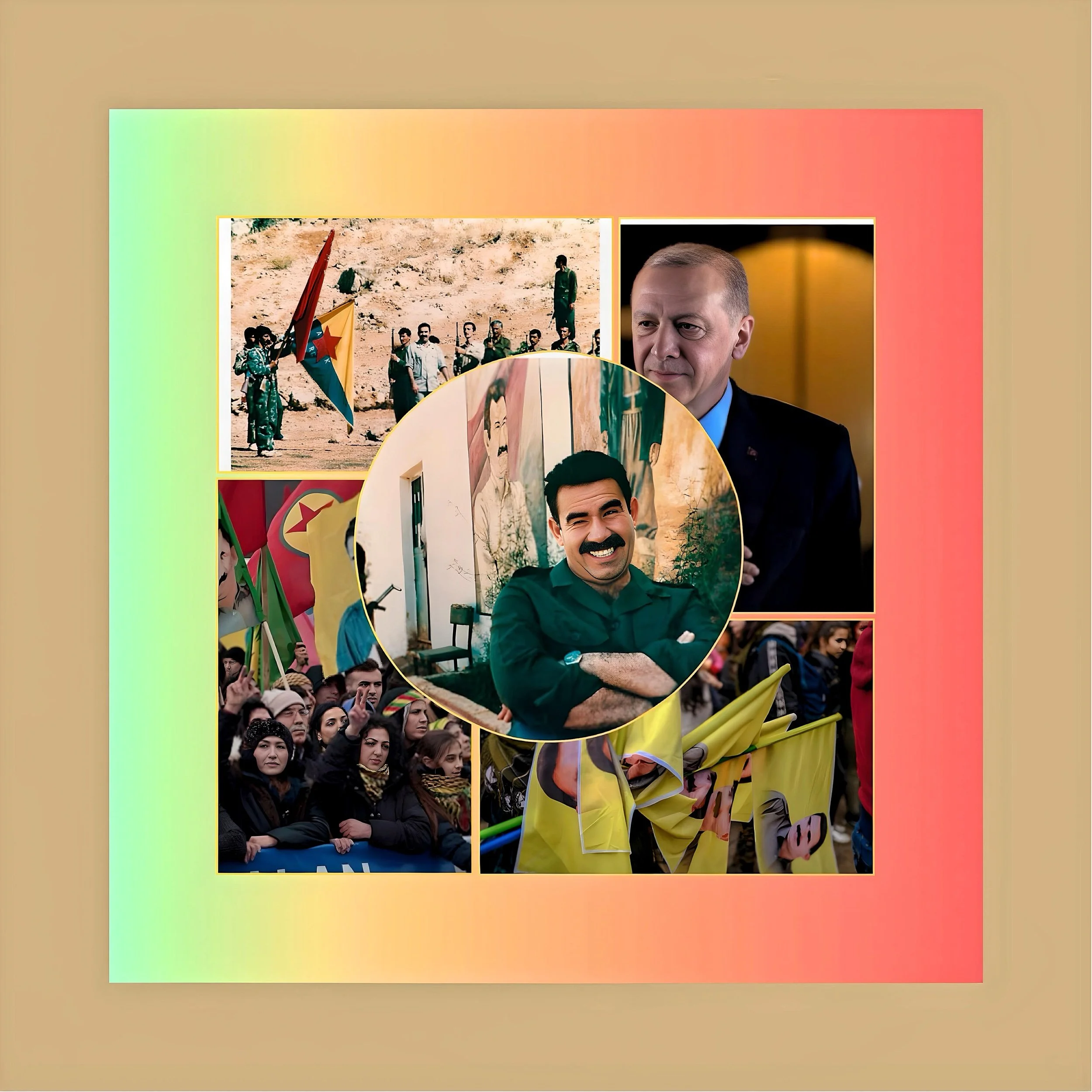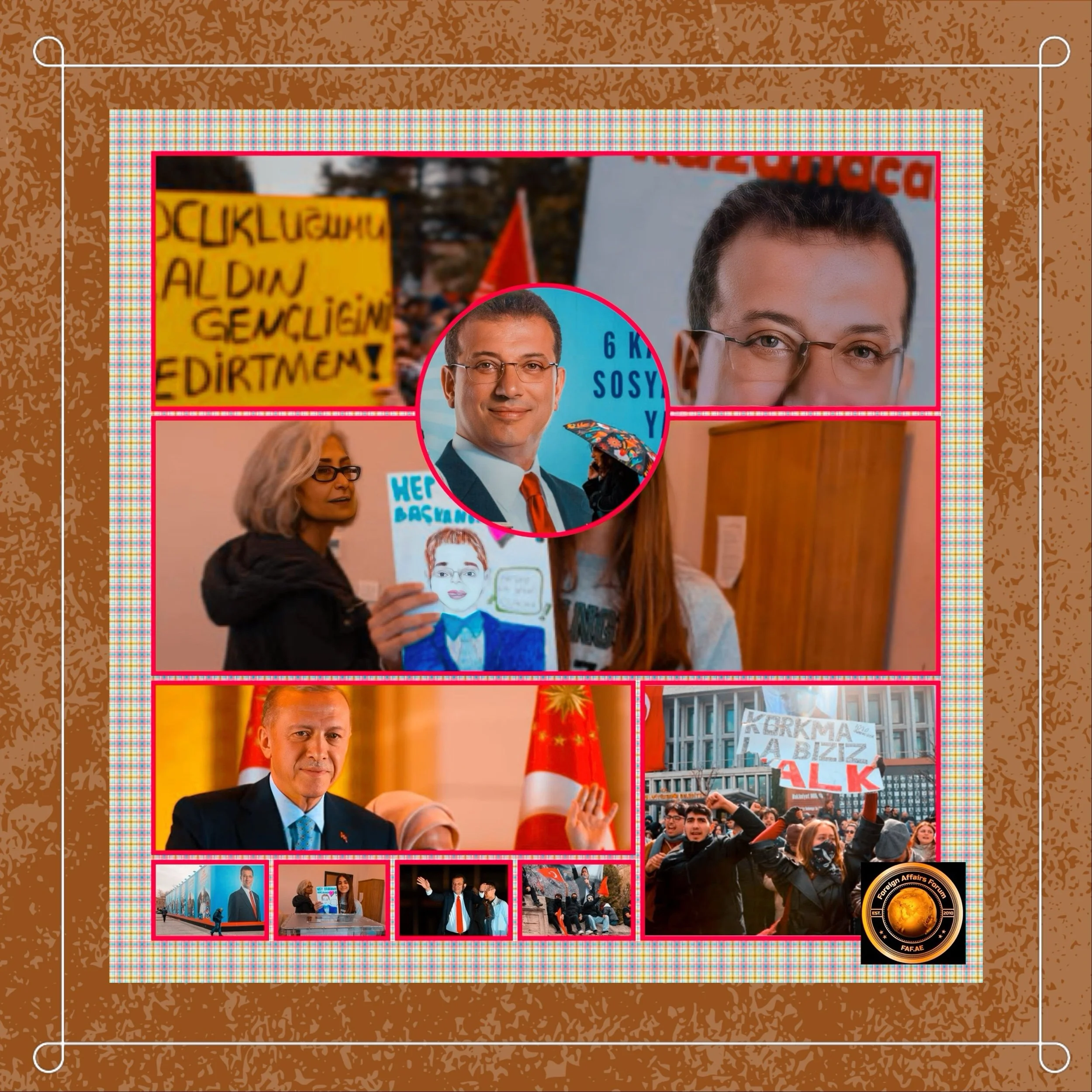Turkey in Turmoil: Mass Protests Erupt After Detention of Erdogan’s Main Rival
Introduction
As of March 20, 2025, Turkey is experiencing widespread civil unrest following the detention of Istanbul Mayor Ekrem Imamoglu, a key political rival to President Recep Tayyip Erdogan.
Thousands have taken to the streets in defiance of government bans, creating the most significant challenge to Erdogan’s authority in recent years.
Imamoglu’s Detention and the Political Crisis
On March 19, 2025, Turkish authorities detained Istanbul Mayor Ekrem Imamoglu on charges of corruption and aiding a terrorist group, just days before he was expected to be selected as the presidential candidate for the main opposition Republican People’s Party (CHP).
Imamoglu, widely seen as the strongest challenger to President Erdogan, was arrested alongside approximately 100 other individuals, including politicians, journalists, and business figures.
The timing of the arrest appears particularly significant as it came shortly after Istanbul University revoked Imamoglu’s degree the previous day, citing alleged irregularities. This move could disqualify him from presidential candidacy, as the Turkish constitution requires presidents to complete higher education.
In a handwritten message shared on social media following his arrest, Imamoglu asserted that “the Turkish people would respond to the falsehoods, schemes, and traps” directed at him.
His detention has been described by the CHP leadership as “a coup against our next president,” with party leader Ozgur Ozel stating they still intend to proceed with selecting Imamoglu as their presidential candidate on Sunday, March 23.
Economic Fallout
The political turmoil has triggered immediate economic consequences. Following the news of Imamoglu’s detention, the Turkish lira plummeted by 12-14.5% against the US dollar, reaching an unprecedented low of 42 to the dollar.
The benchmark stock index BIST-100 also fell by more than 8%. This market reaction reflects serious concerns over the declining rule of law in a key emerging market and NATO ally that Erdogan has governed for 22 years.
Widespread Protests Despite Government Crackdown
Despite authorities implementing a four-day ban on demonstrations and restricting access to multiple social media platforms, thousands of protesters have gathered across Turkey.
The streets of Istanbul have seen significant unrest, with demonstrators congregating outside the police headquarters, City Hall, and the headquarters of Imamoglu’s Republican People’s Party.
Protesters have been chanting anti-government slogans and demanding Erdogan’s resignation. In some areas, police have deployed pepper spray to disperse crowds, particularly near Istanbul University.
The UK-based internet monitoring group Netblocks reported that Turkey has significantly limited access to social media platforms, including X (formerly Twitter), YouTube, Instagram, and TikTok, to curtail the spread of protest information.
One protester described the arrest as “unlawful” and “baseless,” stating: “This is not democracy. It’s a sham of democracy.
The people do not deserve this. We are upset, of course. As humans, we are upset”. The level of public discontent witnessed has not been seen in Turkey for years.
President Erdogan’s Position and Actions
While the search results don’t explicitly state President Erdogan’s current whereabouts, he appears to be active in governmental affairs.
The Erdogan administration has rebuffed criticism regarding Imamoglu’s detention, asserting that the judiciary operates independently. Justice Minister Yilmaz Tunc has cautioned against associating Erdogan with legal actions and warned against public demonstrations.
Erdogan, who has held power for 22 years, is serving his second term as president after serving as prime minister. According to the Turkish constitution, he cannot run for another term in the 2028 elections.
He must initiate an early election or amend the constitution to run again.
Political analysts suggest that Imamoglu's detention and the broader crackdown on opposition figures may be linked to Erdogan’s desire to extend his tenure beyond the constitutionally set term limit.
One expert noted: “Ultimately, today’s events underscore that Erdogan’s agenda remains paramount, overshadowing all other matters.”
Broader Crackdown on Opposition
Imamoglu’s detention is part of a broader pattern of increasing pressure on opposition figures in Turkey. Between October 2024 and March 2025, authorities jailed three CHP mayors in the Istanbul area and removed 10 mayors from the pro-Kurdish DEM party, with most replaced by government-appointed trustees.
The current crackdown represents a significant escalation following Erdogan’s most substantial electoral setback in last year’s municipal elections. Imamoglu’s CHP triumphed in important cities, defeating Erdogan’s ruling AK Party in traditional strongholds.
Political scientist Berk Esen from Istanbul’s Sabanci University described the recent events as “nothing short of a coup against the main opposition party, with far-reaching consequences for Turkey’s political trajectory.”
International Reactions
The international community has responded with concern to the developments in Turkey. Germany, France, and the Council of Europe have condemned Imamoglu’s detention.
The Council of Europe noted that Imamoglu’s detention “exhibits all the characteristics of pressure on a political figure viewed as a key candidate in the upcoming presidential elections.”
Human Rights Watch labeled the allegations against Imamoglu as “politically motivated and unfounded” and demanded his immediate release.
Context: PKK Ceasefire and Regional Developments
Adding complexity to the current situation is a recent development regarding the Kurdistan Workers’ Party (PKK), which declared a ceasefire on March 1, 2025.
This followed a call from its imprisoned leader, Abdullah Öcalan, to disarm and disband the group. The PKK has been engaged in an insurgency against Turkey since 1984 and is designated as a terrorist organization by Turkey, the EU, the UK, and the US.
Ironically, part of the charges against Imamoglu involve allegations of supporting the PKK, even as the government promotes Öcalan as a potential peacemaker.
Conclusion
Turkey is currently experiencing a significant political crisis marked by mass protests following the detention of President Erdogan’s main political rival. The response from both the opposition and the international community suggests serious concerns about the democratic trajectory of the country.
As demonstrations continue despite government restrictions, the coming days will determine whether this represents a temporary disturbance or a more fundamental challenge to Erdogan’s long-standing authority in Turkey.






